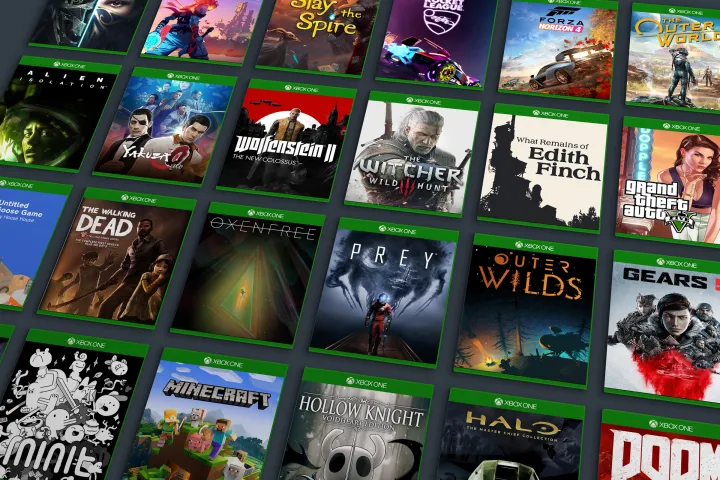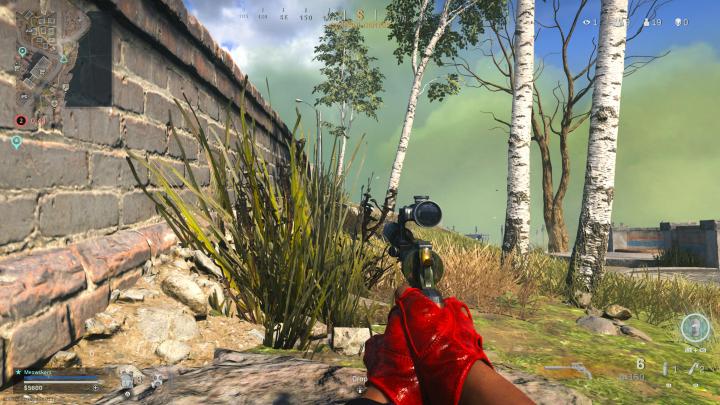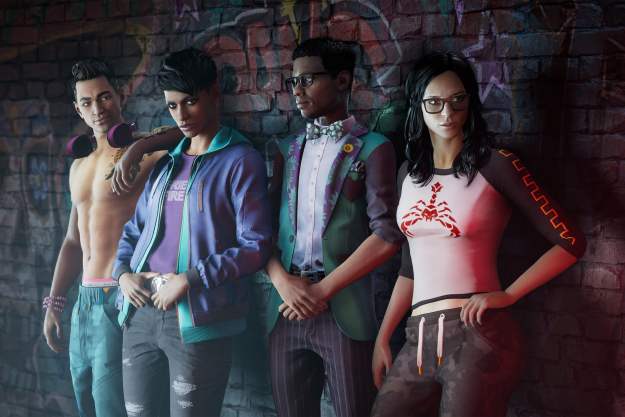Microsoft has announced its intentions to acquire Activision Blizzard in the priciest deal in video game history. To call this significant would be an understatement. It is, without question, the single biggest event to ever happen in the gaming world. To put it in perspective, Microsoft just gained the rights to Call of Duty, World of Warcraft, Diablo, Overwatch, Crash Bandicoot, and Candy Crush … to name a few.
There’s a lot to unpack here. The implications of such a deal are so astronomical that it’s hard to imagine what it’ll do to the gaming world. This isn’t quite like Microsoft acquiring Bethesda and gaining exclusivity rights to beloved franchises like Doom. Microsoft is essentially purchasing the western gaming market and that’s going to change the way you play games, whether you’re an Xbox fan or a hater.
Here are some of the most immediate takeaways from the unprecedented deal.
Activision Blizzard gets a clean slate
One of the reasons that the news is so significant is its timing. Activision Blizzard has been mired in high-profile controversy for months now. The company was sued by the state of California for its alleged history of toxic workplace culture. That story dominated the gaming news cycle in 2021 and it wasn’t set to go away any time soon. Even just last week, reports were pouring in alleging that Activision Blizzard was meeting striking employees demanding change with “radio silence.”
Microsoft is purchasing a live grenade. With all the video games, it’s also picking up a boatload of controversy. Considering Activision Blizzard was at rock bottom, the acquisition will hopefully be a positive for the publisher. When the news hit, reports noted that Microsoft executive vice president of gaming Phil Spencer was deeply troubled by the revelations. Microsoft reportedly was “reevaluating” its relationship with Activision Blizzard in the wake of the news. I don’t think anyone anticipated that such concerns would lead to the biggest purchase in gaming history.
With the acquisition, Microsoft has a chance to revive the studio’s reputation. It can take steps to clean house, wiping out employees who allegedly contributed to the company’s toxic culture. The biggest question, though, is what it means for Bobby Kotick. Activision Blizzard’s CEO has been a controversial figure throughout the scandal, as reports claim he knew about issues at the company and hid them from investors. Many demanded that Kotick be held to the same standard as his employees and fired, but the company’s board of directors stood by him. Microsoft’s purchase might be the only way that Bobby will get the boot.
For now, Microsoft isn’t committing to that change. It says Bobby Kotick will keep his position after the acquisition. However, it’s not likely that Microsoft would announce plans to fire someone the company’s investors love before the deal closes. We’ll just have to wait and see what moves Microsoft makes once the ball is in its court.
Game Pass is about to get a whole lot bigger

Naturally, any Microsoft acquisition means that more titles are coming to Game Pass. Microsoft already confirmed that Activision Blizzard games will come to the service as part of the deal, which is great news for subscribers. Overwatch? Classic Call of Duty games? The Tony Hawk’s Pro Skater game you grew up on? Those could all be folded into your subscription soon enough.
Game Pass is clearly a top priority for Microsoft. The service recently grew to 25 million subscribers, up from 18 million in January 2021. Considering that Call of Duty on its own is perhaps the biggest gaming franchise on Earth, that number will only grow exponentially. In five years, it’s likely that pretty much any gamer you know will have a subscription whether they want it or not.
The question, however, is what this means for the price of Game Pass. Since its inception, Microsoft has offered its service at a tremendous discount, earning its “best deal in gaming” nickname. Microsoft needed to keep the price low to get as many people as possible into its ecosystem. Once Game Pass becomes more of a necessity, Microsoft will have much more leverage over players when it comes to cost. It would be easy to start ratcheting up the price if games like Overwatch 2 regularly launch on the service day and date or if Game Pass granted World of Warcraft players a subscription to the game free of charge.
This is pure speculation, mind you, but don’t be surprised if your Game Pass subscription hops up a few dollars later this year. With Microsoft allegedly spending nearly $70 billion to buy Activision Blizzard, it’ll likely want to recoup those costs quickly.
Microsoft looks to become a mobile gaming King
Call of Duty and World of Warcraft are the franchises that are getting people talking here, but they’re not the most significant part of the deal. Acquiring Activision Blizzard means that Microsoft would also own Candy Crush publisher King — and that’s a big deal.
The mobile gaming market is gigantic. Take Two recently announced its plans to acquire FarmVille publisher Zynga in a landmark deal (though one that now pales in comparison to this one). Everyone wants a slice of the mobile pie and Microsoft just got the biggest piece. Your Candy Crush-obsessed mom might soon be stealth integrated into the Xbox ecosystem without even realizing it.
We already know that mobile gaming is a big focus of Microsoft’s long-term plans with the deal. In a statement to Axios, Microsoft noted that it’s looking to bring Activision Blizzard’s games to mobile platforms in the future. Microsoft has slowly dipped its toe in the mobile waters with its cloud gaming service, but King will allow it to do a full cannonball. The company is the biggest name in the space, so it’s exactly what Microsoft needs to accelerate its growth, both with mobile-focused games and an increased cloud presence.
Sony is in trouble

We know what this means for Microsoft, but what about Sony? At the moment, Activision Blizzard’s biggest games are released cross-platform. You don’t need a PlayStation to play Call of Duty or Overwatch. That could change here, which would be immensely frustrating for both Sony fans and the company itself.
Microsoft’s acquisition tactic is … aggressive, to say the least. Sony tends to acquire studios that it has a close relationship with. Last year, it acquired Bluepoint and Housemarque, two studios that had made exclusives for PS5 already. Microsoft, on the other hand, is gobbling up third-party giants. That only serves to damage the competition by locking down beloved franchises as potential exclusives.
If Sony wants to keep up, it’s going to be forced to play dirty. In the coming years, we could see publishers like Ubisoft, Bandai Namco, or even EA eaten up. That should scare you. We’re potentially hurtling towards a major industry monopoly where two companies own virtually every major studio. The dream of cross-platform harmony could fade away leading to a much more high-stakes version of the “console wars.”
Meanwhile, Nintendo fans get to continue living on their own little island. While the Switch could lose franchises like Crash Bandicoot, heavy hitters like Call of Duty were never on the system to begin with. As long as Nintendo still has Mario, it just gets to sit on the beach and sip a margarita while the big boys throw money at one another.
Frankly, that’s probably the healthy mindset to have right now. Sit back, relax, and watch the bombs go off.
Editors' Recommendations
- Xbox Game Pass gets its first Activision Blizzard game very soon
- Every key detail from Xbox’s business update: new console, multiplatform games, and more
- Xbox lays off 1,900 developers, cancels Blizzard’s survival game
- The biggest gaming news of 2023: Insomniac leak, GTA 6 reveal, and more
- We predicted gaming’s 2023 future last December. Here’s what we got right




